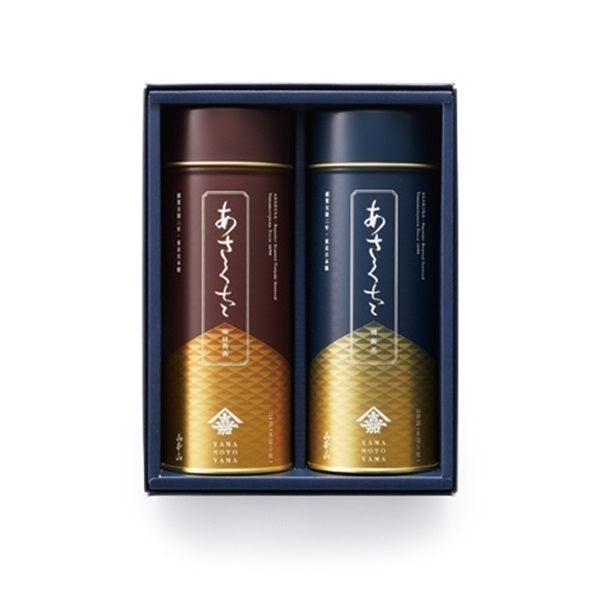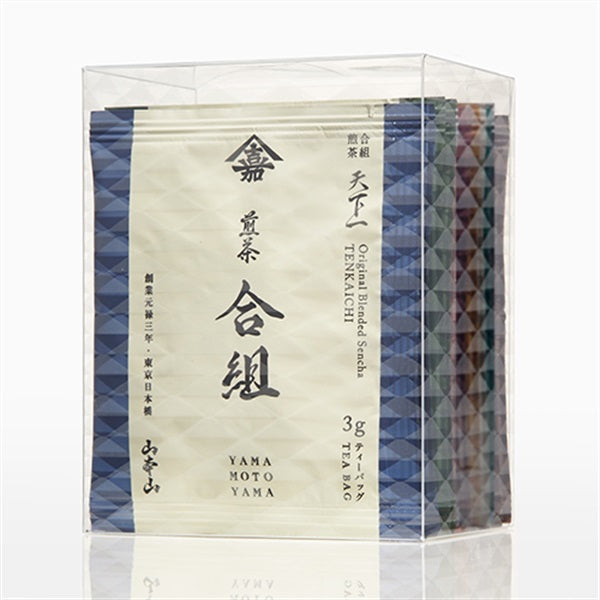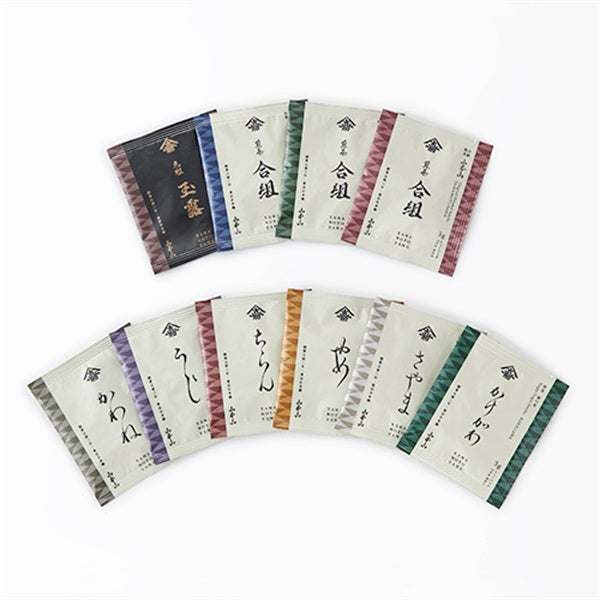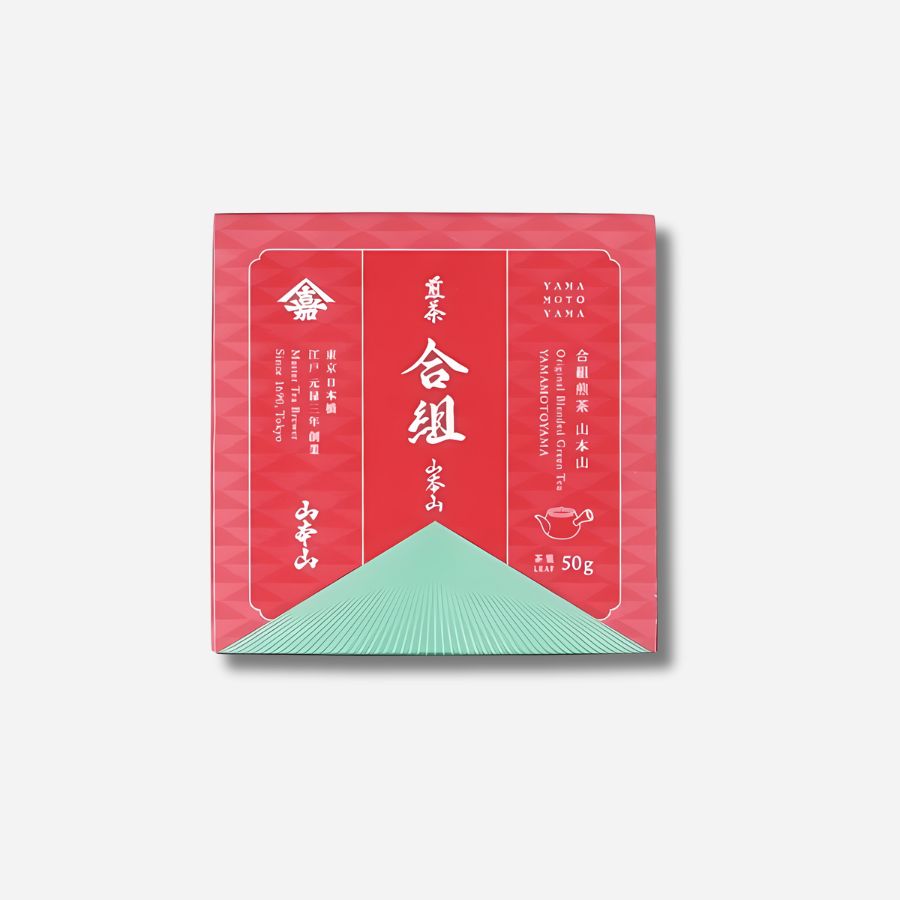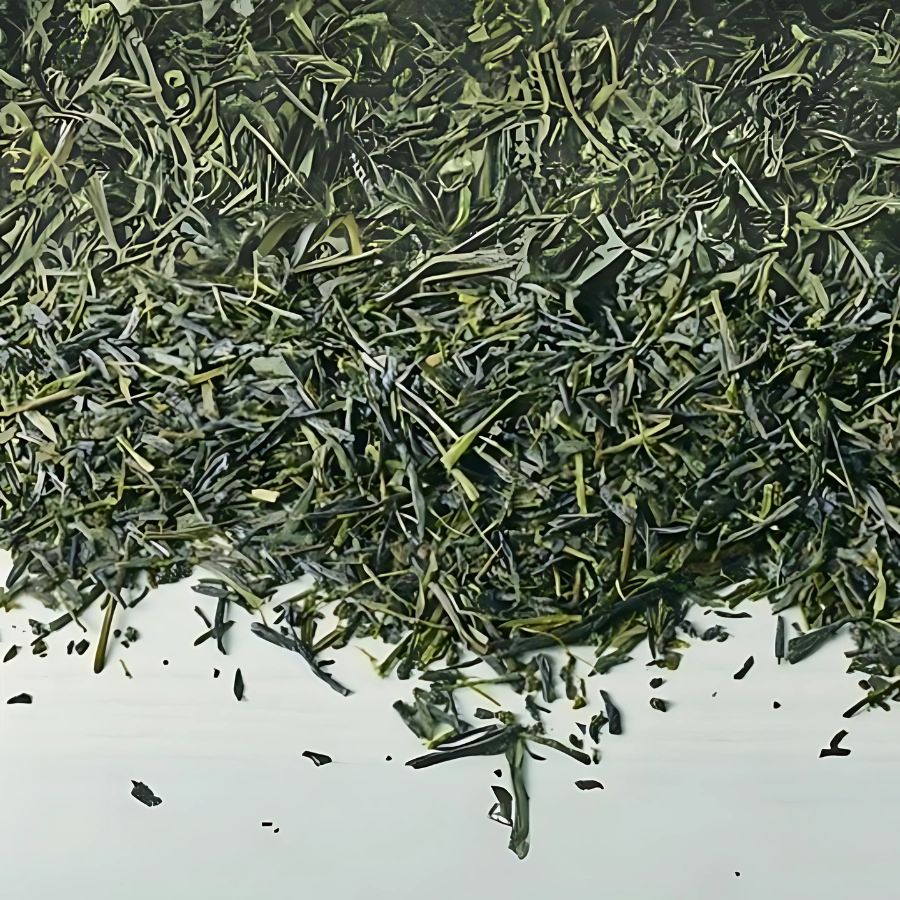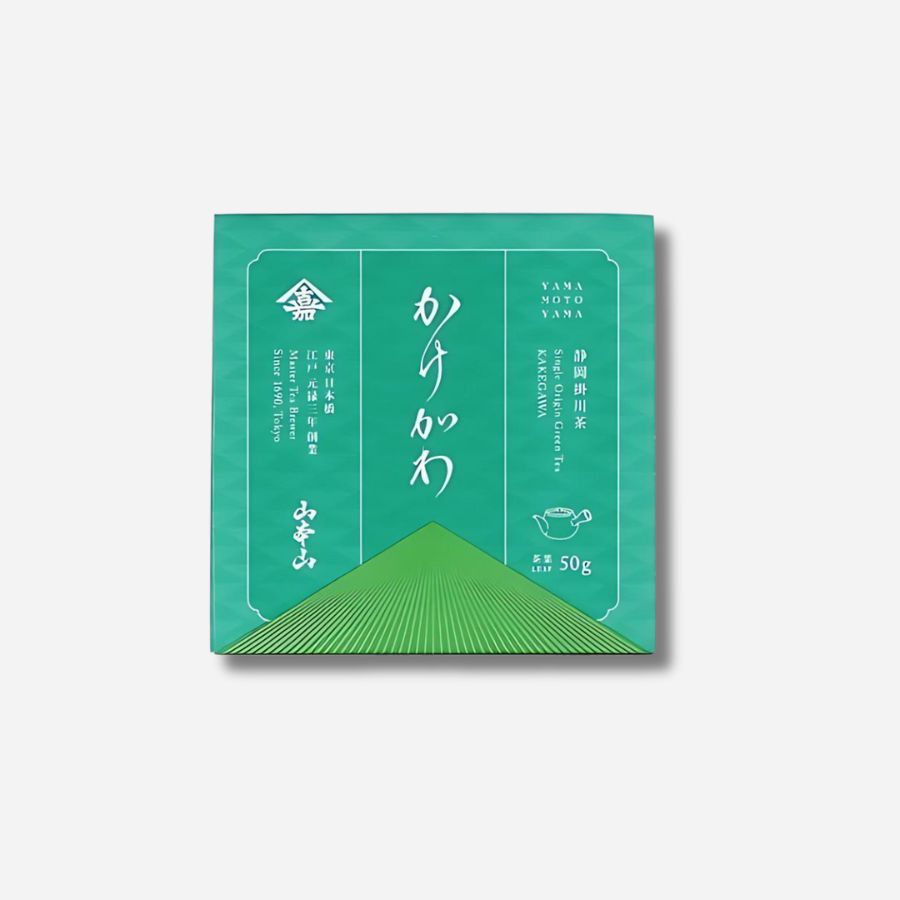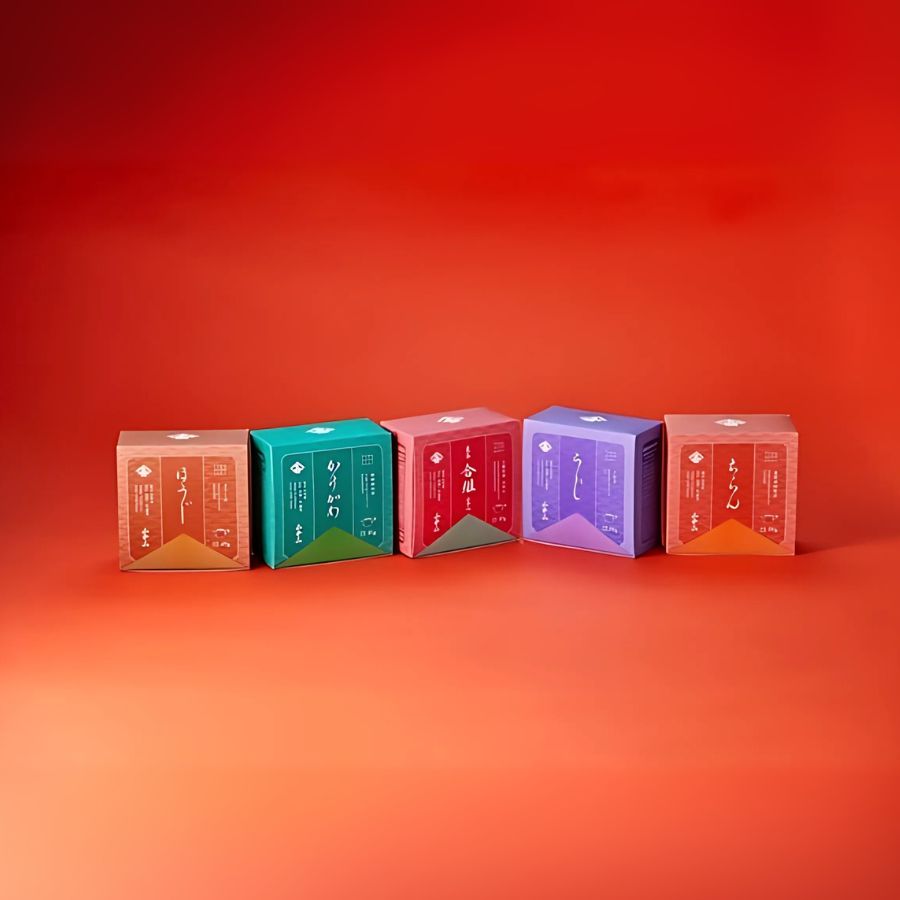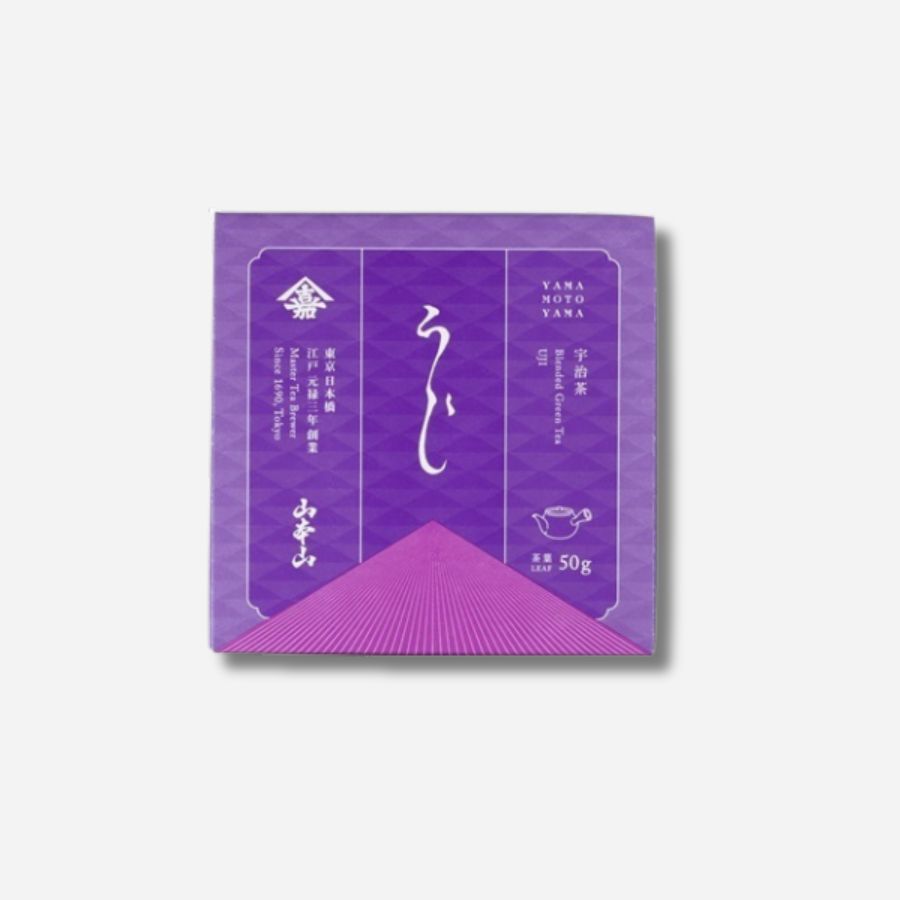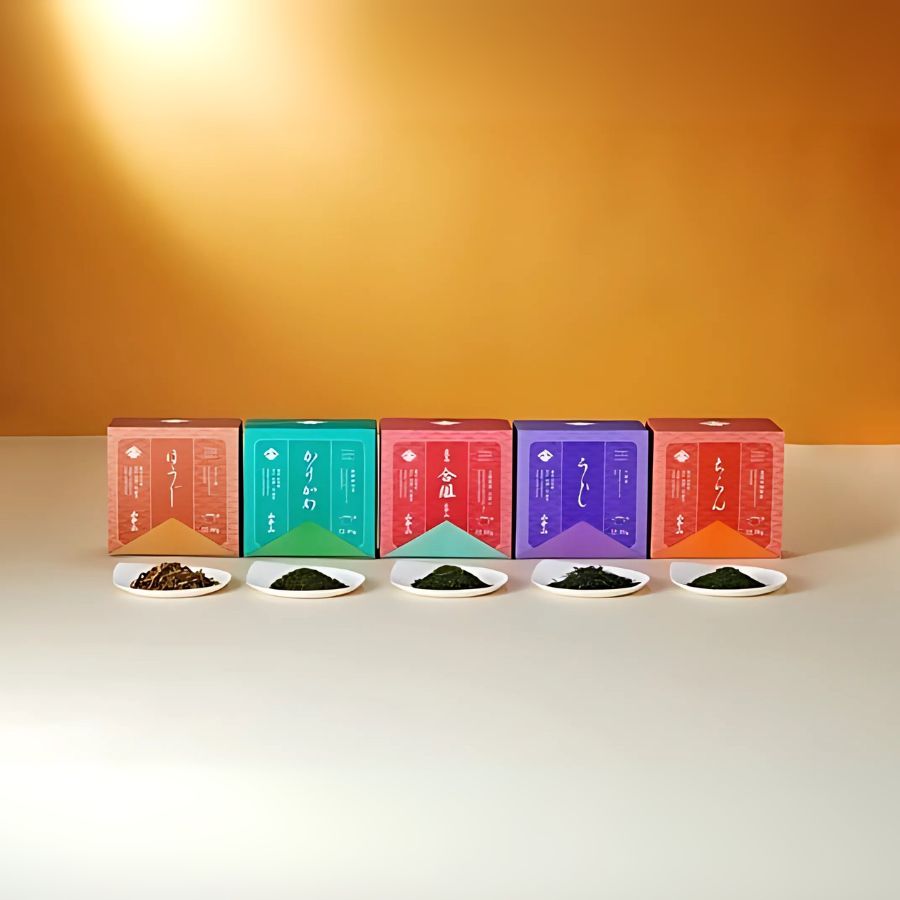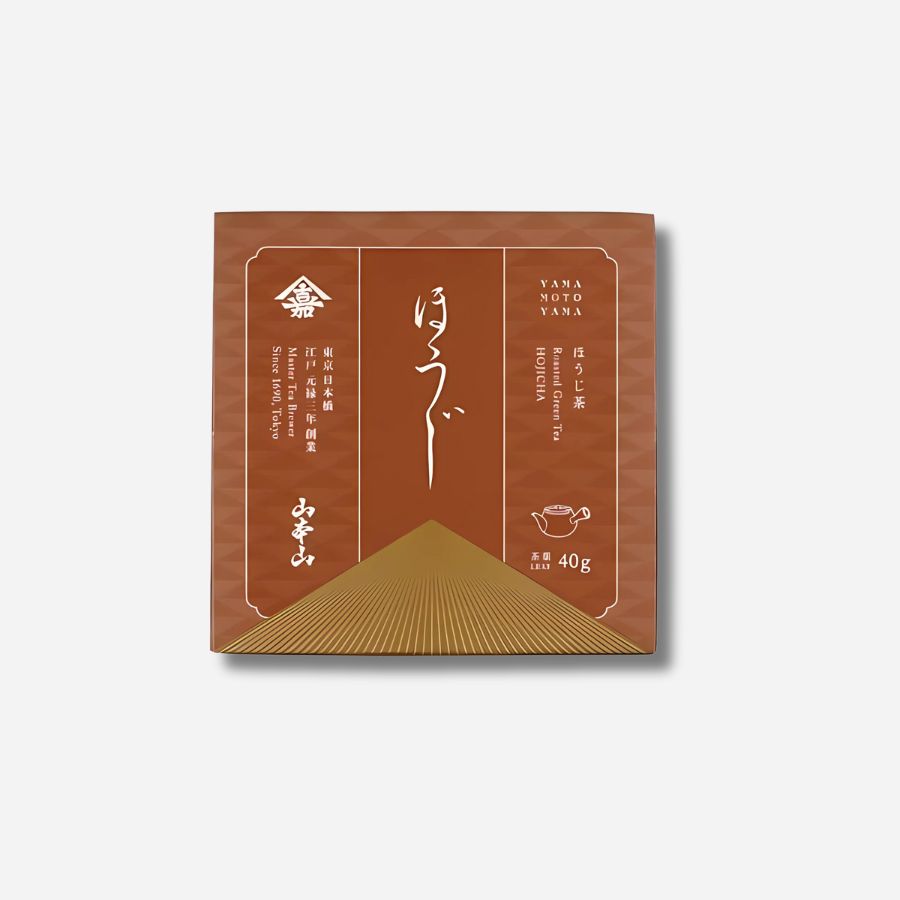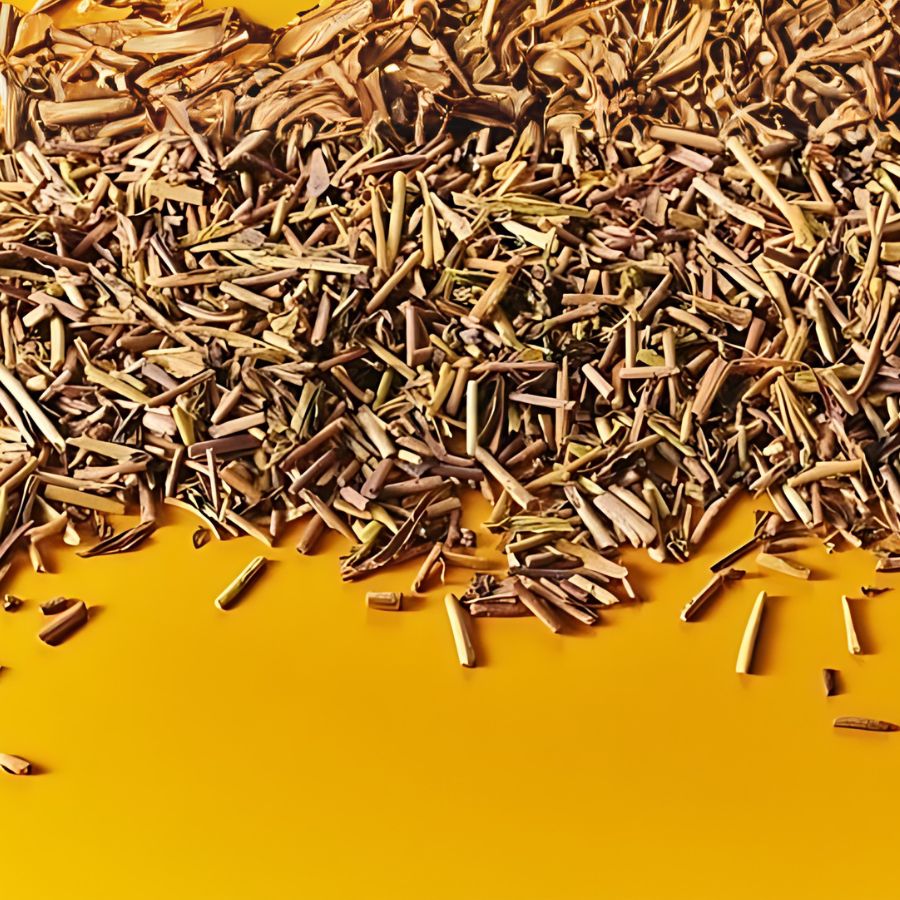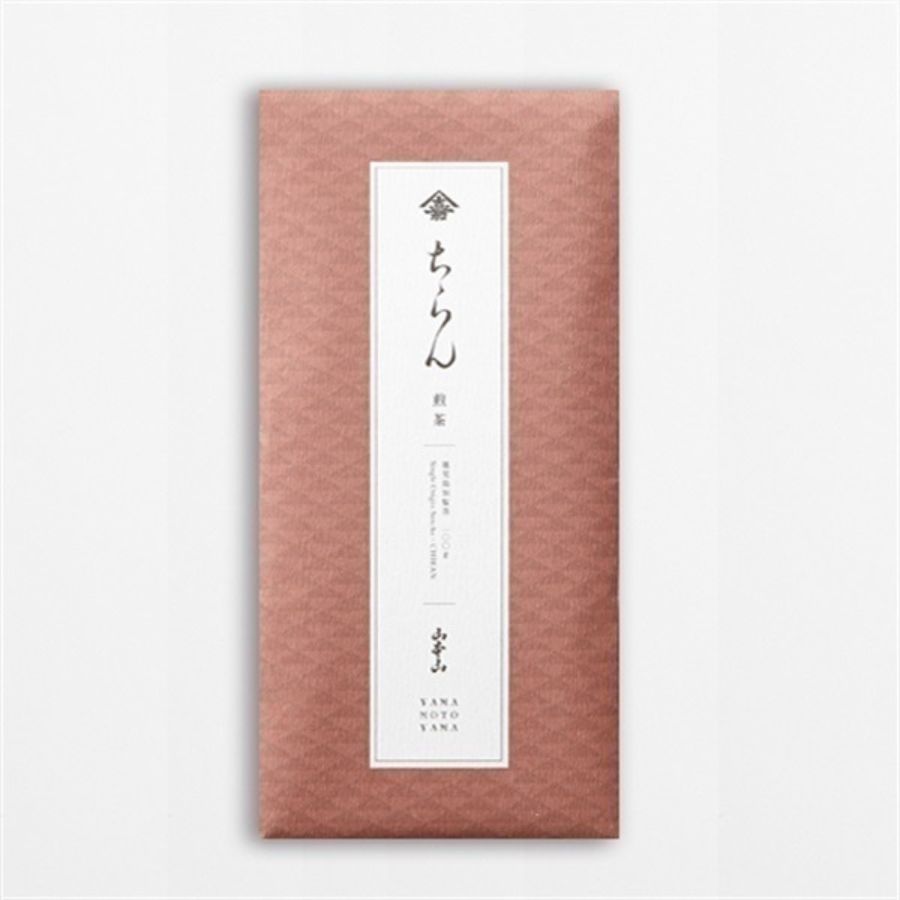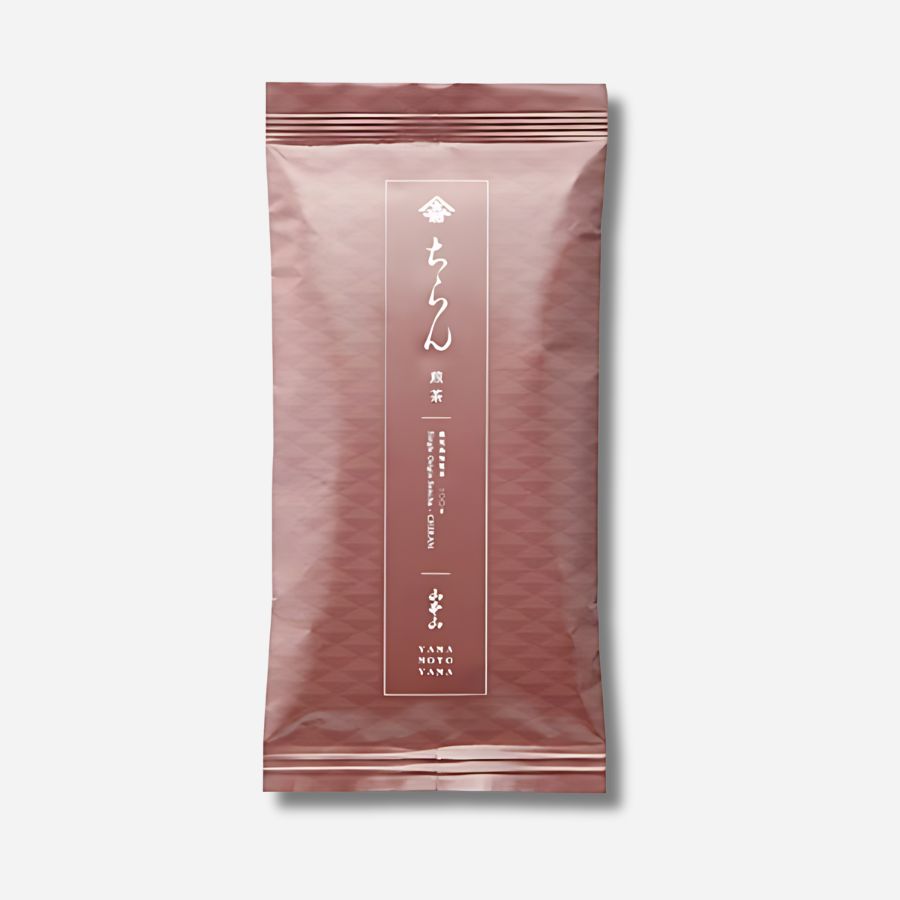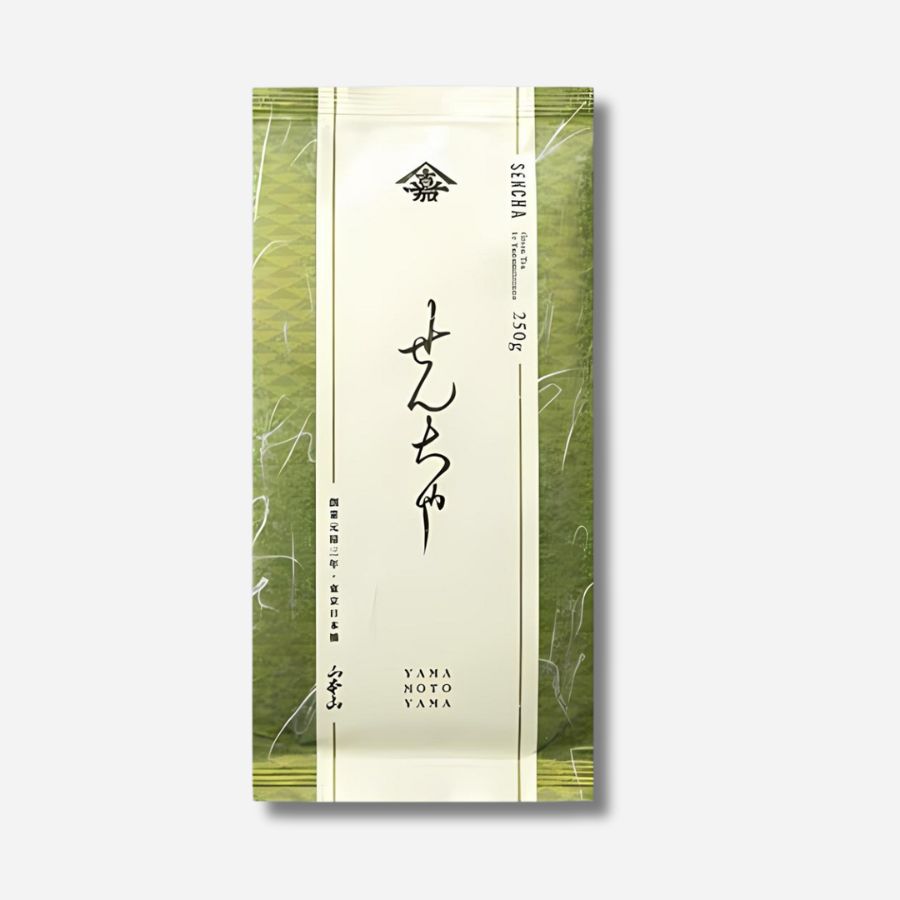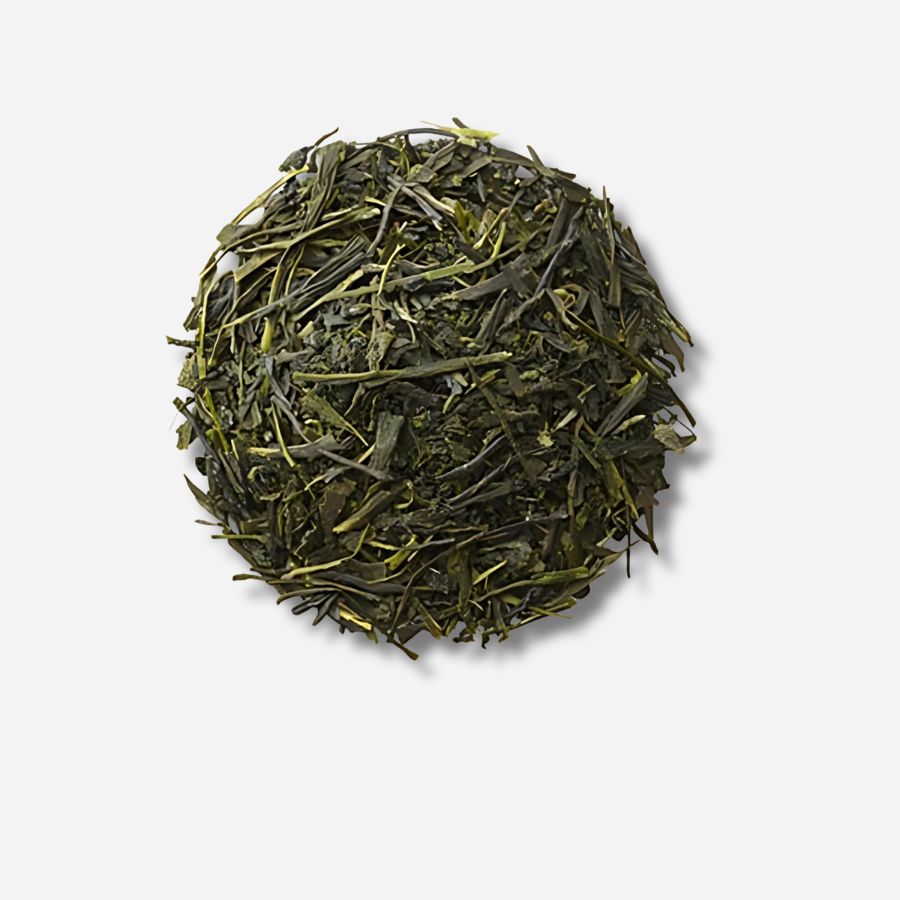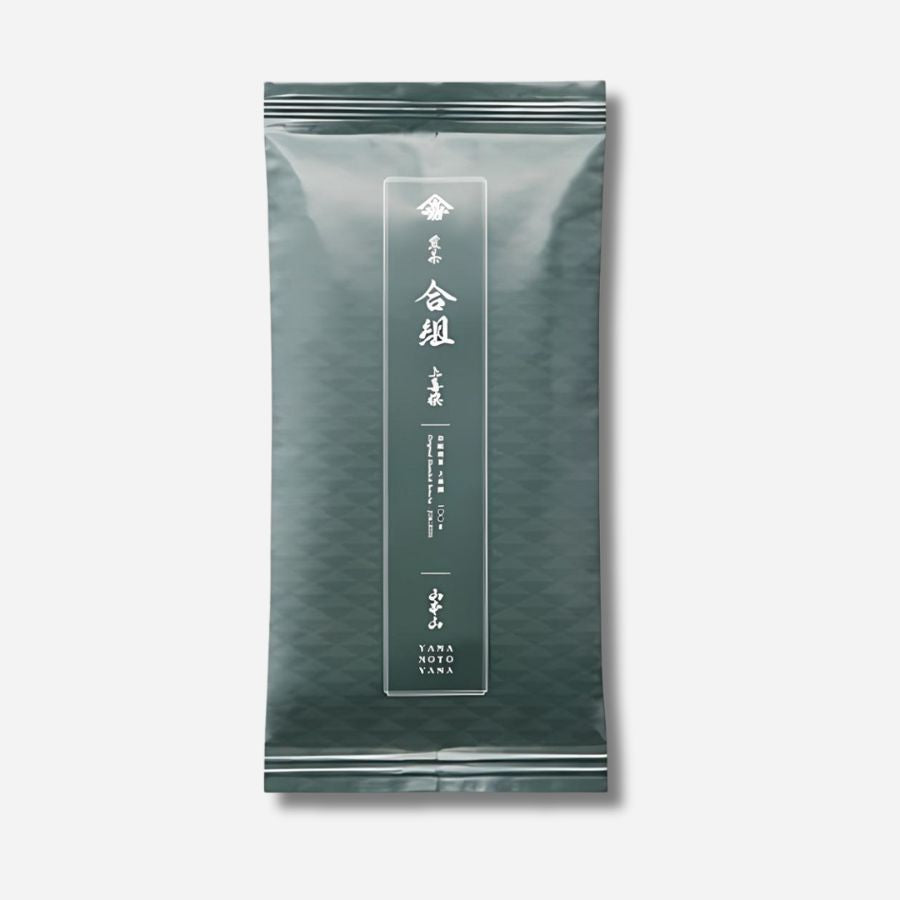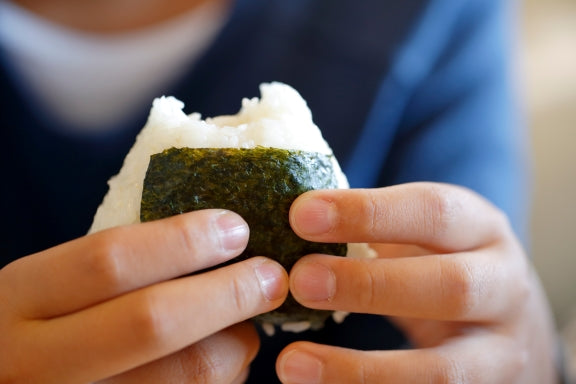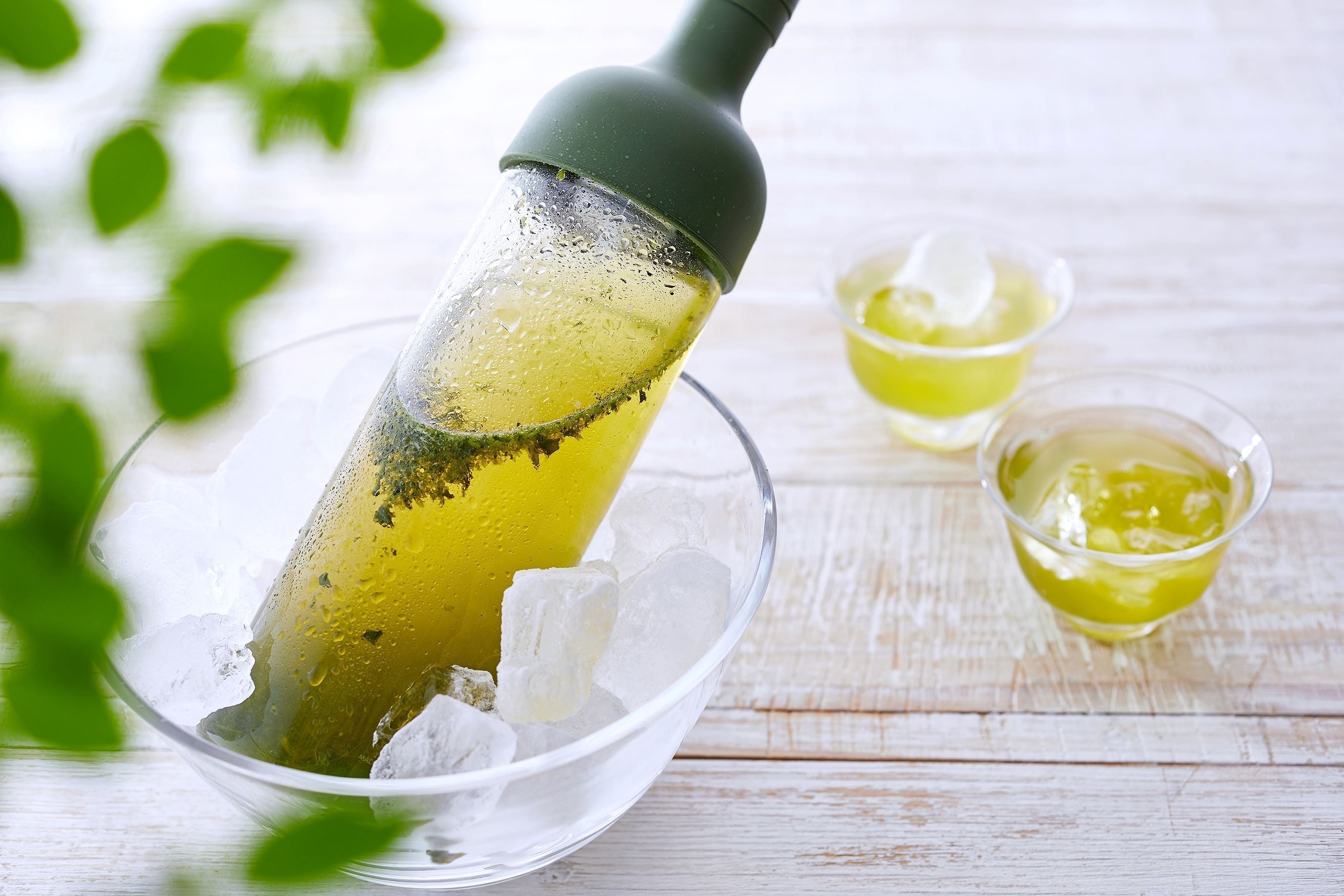
Is green tea effective against yellowed teeth caused by tobacco? The secret of its ability to absorb tar stains explained
- Introduction
- Why smokers' teeth become yellow
- The secret behind green tea catechins preventing teeth from yellowing
- Scientifically proven! The surprising relationship between tea catechins and tobacco tar
- Incorporating green tea into your daily routine
- From preventing bad breath to overall health
- summary
Introduction
"I've been worried about my teeth yellowing lately..."
"I smoke, so I thought teeth whitening would be difficult and I gave up on it..."
Some smokers may feel the same way. Smokers often have yellow teeth due to tar.
But don't worry. Green tea, which is a common ingredient in our daily lives, actually has the wonderful effect of treating the yellowing of teeth caused by stubborn tar stains.
This time, we will introduce the mechanism by which green tea removes plaque from teeth and its effects.

Why smokers' teeth become yellow
The main cause of yellowing of the teeth of smokers is the tar contained in the smoke.
Tar is a sticky plant resin that is mainly contained in mainstream cigarette smoke. When you inhale smoke, this tar adheres directly to the surface of your teeth and accumulates over time.
Once tar stains stick to your teeth, they are very difficult to remove, and if left untreated, the yellowing will become increasingly stubborn.
However, it has been found that the catechins contained in green tea are effective against these troublesome tar stains.

The secret behind green tea catechins preventing teeth from yellowing
Tea catechins, which are abundant in green tea, are a type of polyphenol that has the somewhat unusual property of adsorbing tobacco tar. This unique function is the key to helping prevent tooth yellowing.
Tar is a sticky, oily substance found in cigarette smoke that sticks to your teeth and is the main cause of stubborn yellowing.

Now, catechin molecules have many tiny protrusions (called hydroxyl groups in chemistry).
The protrusions of these catechins are attracted to the oxygen and nitrogen in the tar like a magnet, forming a strong bond (this is called a hydrogen bond).
In addition, both catechin and tar components have the property of being "hydrophobic" (water-hating), meaning they are not easily mixed with water.
In water, these substances tend to attract each other (hydrophobic interactions), so the catechins adsorb and wrap around the resin components.

Due to these actions, tea catechins are expected to have the effect of agglomerating and precipitating tar particles, physically preventing them from adhering to the surface of the teeth and making it easier for existing tar to peel off.
It has also been found that theaflavin, the red pigment in black tea, has a similar effect.
These ingredients act on the tar that tends to adhere to the teeth, helping to prevent tooth yellowing.

Scientifically proven! The surprising relationship between tea catechins and tobacco tar
You may be wondering, "Is green tea really effective against yellowing teeth?"
In fact, interesting experiments that support this effect are being conducted at the Ministry of Agriculture, Forestry and Fisheries' Tea Industry Research Institute.

1. Binding experiment of tar and catechin
When they made a tar solution from cigarette butts and mixed tea catechins into it to observe what changed, what initially appeared as a mixture gradually emerged as a precipitate.
This was a substance formed by the strong binding of resin and tea catechins. This experiment revealed how easily resin and tea catechins can bind together.

2. Confirming the effectiveness of practical products
Furthermore, it has been reported that when a commercially available chewing gum is hit with a filter from a cigarette butt, the chewing gum containing tea catechins has a stronger tar smell. This is thought to be because the tea catechins adsorb the tar components.
There have also been reports of people who brushed their teeth with toothpaste containing tea catechins, and after just one week their toothbrush became stained with tar and discolored.
These reports also show that tea catechins have a strong ability to adsorb tar.
Apparently, there are some tea taste appraisers who are smokers, but it is said that very few of them have yellowed teeth due to tar.
This can also be said to be the effect of tea catechins from drinking large amounts of tea on a daily basis.

Incorporating green tea into your daily routine
There are some easy things you can do today to prevent your teeth from yellowing.
It's a simple habit: "Drink green tea after smoking." Drinking tea not only after meals but also after smoking will help prevent tar from building up on your teeth and keep them white.

From preventing bad breath to overall health
Green tea has more to offer than just teeth whitening.
Tea catechins have many beneficial effects on maintaining oral health, such as preventing bad breath, tooth decay, and periodontal disease.
Furthermore, the antioxidant properties of green tea have a positive effect on maintaining overall health.

summary
Even if you've long ago given up on the yellowing of your teeth caused by tobacco tar, the power of green tea may provide you with the key to a solution.
By incorporating green tea into your daily life, you can improve the plaque on your teeth and also help improve your oral health. So, smokers should start drinking green tea.

